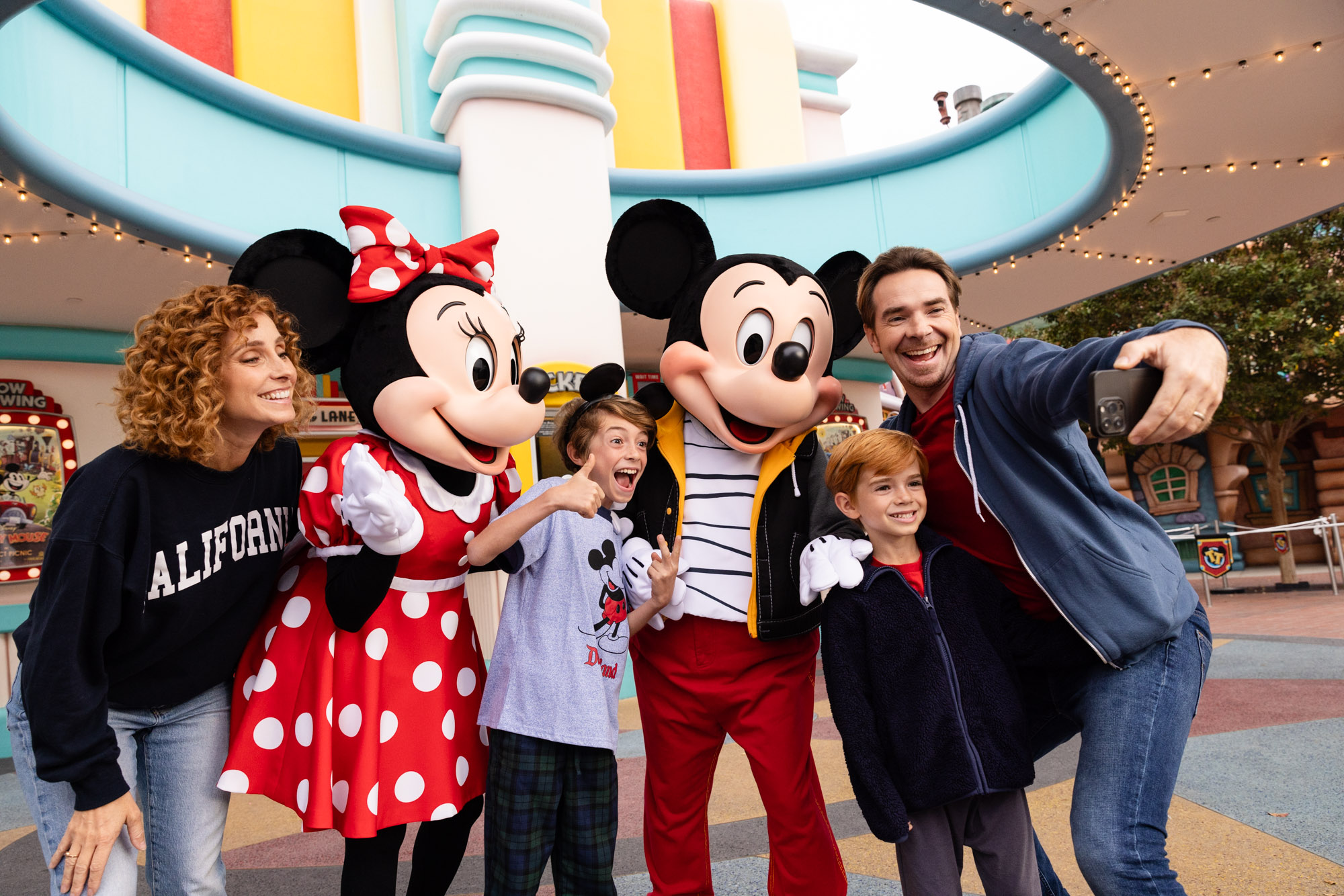It wasn't said explicitly in the article, but there have been multiple high-level meetings where Disney exec asked for ideas on how to attract the "young families" demographic, who are not visiting the parks like their parents did.
The concern there, besides the short-term revenue, is that the parks operate a lot on nostalgia: your parents took you, you take your kids, and so on. Like DVC, that's something that guarantees a certain level of base business every single year.
For decades after World War II, each generation of American kids could look forward to being slightly better off, economically, than their parents. And that meant more visits to Disney World, because they had more money.
That's not true for Millennials - those born between 1981 and 1996 - ages 29 to 44, smack-dab in the middle of the largest demographic of Disney World visitors. They're worse off, financially, than their parents.
It's more bad news for Gen Z - those between the ages of 18 and 34.
This CNBC article says that 45% of them still rely on their parents for financial support.
Back to the Disney meetings about "young families" (YFs).
The execs asked a wide range of groups for ideas on how to get more YFs into the parks.
I won't name the person or the group, but one of them had a presentation with data similar to the WSJ article, and said "Lower prices. They can't afford it otherwise."
That message was not well-received. As I said earlier, the outcome of the meeting was to task Marketing with coming up with better ad campaigns.
This same meeting happened regularly for a couple of years. The "lower prices" person eventually got tired of it and quit.
So this generation of young families can't afford the parks. The next generation? No way.
Eventually, through inheritance, those kids will be part of the largest wealth transfer in history. But that's decades from now, and they won't have fond memories of the parks because they didn't go.


